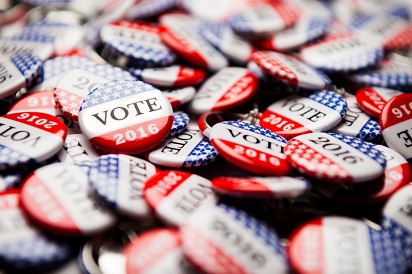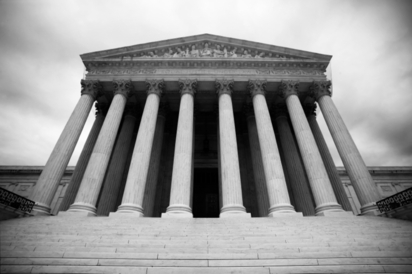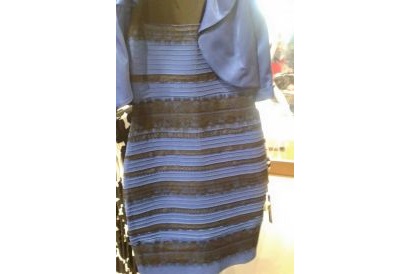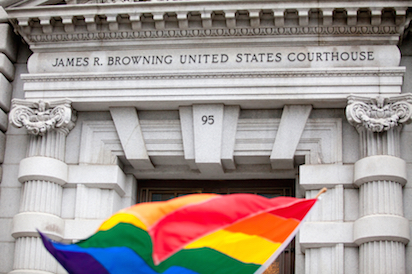
Essay
FERC v. EPSA
Functionalism and the Electricity Industry of the Future
by Matthew R. Christiansen
Introduction The Supreme Court’s recent decision in Federal Energy Regulatory Commission v. Electric Power Supply Association (EPSA) may ultimately rank among the most significant energy law cases of all time. Unsurprisingly, the case has received considerable attention within legal circles and even within the popular press. EPSA upheld one of the Federal Energy Regulatory Commission’s…












